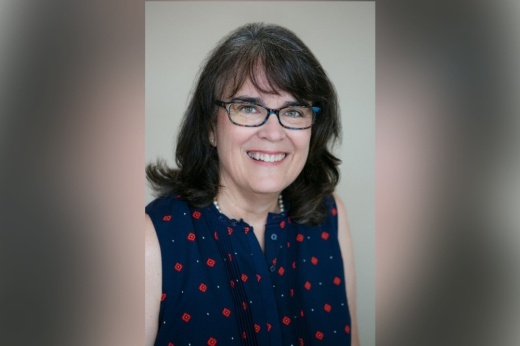The Texas Department of Licensing and Regulation is the licensing entity for 38 different professions in Texas, ranging from barbers and cosmetologists to electricians and air conditioning contractors. In addition to licensing, the agency ensures these businesses are providing safe conditions and accessibility for consumers, Communications Manager Tela Goodwin Mange said.
Additionally, commercial projects and other projects such as churches and hospitals must be reported to the agency’s project registration database, which Community Impact uses to identify new openings or business renovations in our communities. The following interview with Goodwin Mange has been edited for length and clarity.
Who has to register with the TDLR?
If [the project costs] $50,000 or more, they have to register that with TDLR, and they have to provide a full set of construction documents to a person who's known as a registered accessibility specialist. [We] will review those construction documents to make sure that construction project is going to meet the Texas Accessibility Standards, which is kind of a Texas version of the [Americans with Disabilities Act], because we want to make sure that all Texans are able to access a building. ...
If the total project expenditure is less than $50,000, they're not required to submit that information or that project to TDLR for registration and review, but there are certain times where they still have to meet the accessibility standard. So just because it's less than $50,000, just because they aren't required to submit the project, they still have to proceed assuming that they're going to have to adhere to those standards anyway, because again, everybody should be able to access those areas.
What types of industries aren't regulated by the TDLR?
Plumbers are not regulated by us; doctors are not; dentists are not; physical therapists are not. There are a number of industries that we don't regulate that are regulated by other state agencies.
What does registering with the TDLR look like?
They have to go through the licensing process, which includes a criminal background check; certain industries that we regulate require people to provide fingerprints to get their criminal background done, others it's name based. Certain other industries, we do risk-based inspections, which means if someone has had issues in the past, we will add them to the list of people who absolutely, positively have to get inspected. There are others that we will do an inspection, everything's fine and we don't consider them to be a potential risk. ...
If a consumer files a complaint that they were injured or that there's some issue where [the business is] not complying with state law and with the administrative rules, then we will, in addition to doing an investigation, often we’ll end up doing an inspection as well.
What kind of complaint could someone file about a business?
It's going to vary on the type of license that's involved. If you were to go to a barbershop or a cosmetology salon and you hate your haircut, ... we're not gonna open a complaint on that. But if you went to a barbershop or a cosmetology salon, and you got an infection that your physician said, ... ‘You got this because that salon or that barbershop wasn't clean,’ then that's definitely something that we want to know about, and there would be an investigation.
We encourage folks to file a complaint if there's something that they feel was health and safety related, or if you feel like you got scammed. That's something that we would want to look into. ... Anytime that you file a complaint, include as much information as you can. ...
Consumers who are [going to] hire anyone who is in a profession that's licensed by TDLR, we urge them to check and make sure, is this person licensed, and have they had any administrative penalties in the last couple of years? ... In certain situations, if you do business with someone who's unlicensed—like, for example, if you hire an electrician who is not licensed and they end up doing something that burns your house down—the insurance company may not pay your claim because by hiring someone who's unlicensed, you're not complying with what the insurance company requires, which is that you hire someone who's licensed and competent to perform that work.
Is there anything else our readers should know?
We're ... not the only licensing entity in the state, but if you go to our website, you can see all the different programs that we license. If the service that you're looking for is included in one of those, please do check and make sure that they are licensed.
Check this out
Search for TDLR violators:
- Go to the TDLR website and select "search site."
- Under "search for violations," visitors can find the list of violators who have been adjudicated for the last two fiscal years.
- Visitors can search by license program type, company name, licensee name, city, county or ZIP code.
- Go to the TDLR website and select "search site."
- Under "search licensees," visitors can find the list of individuals who have a license with the TDLR.
- If a business is under the TDLR umbrella but not on the list, call TDLR customer support at 800-803-9202 to get assistance to verify if the business is registered.





